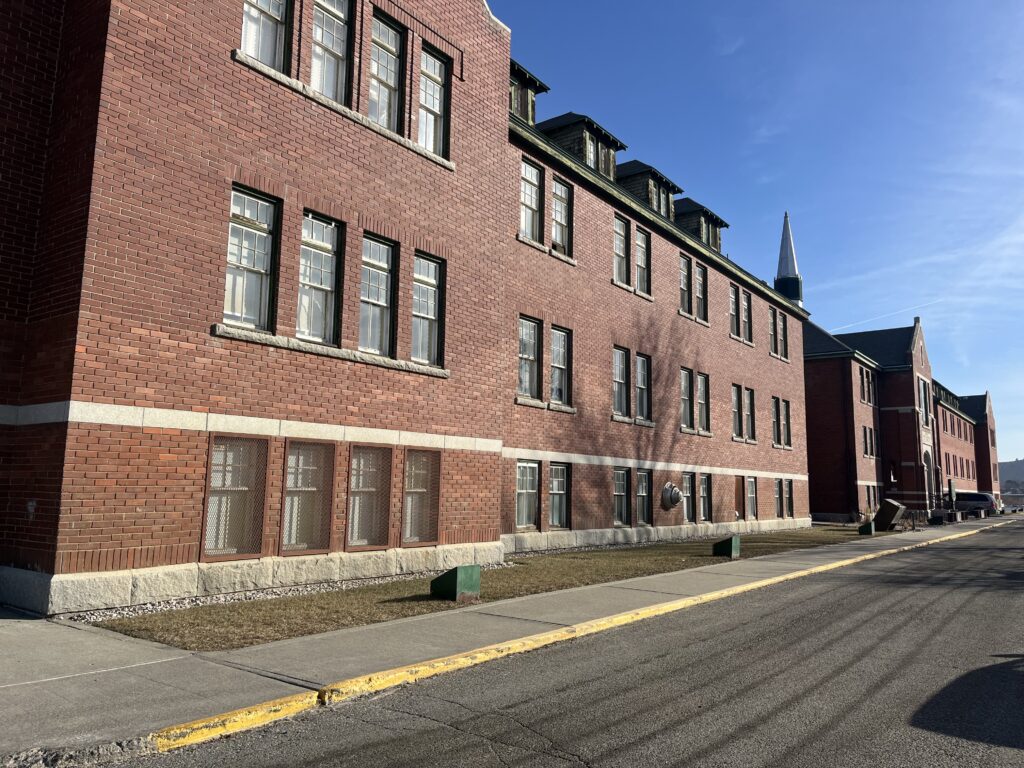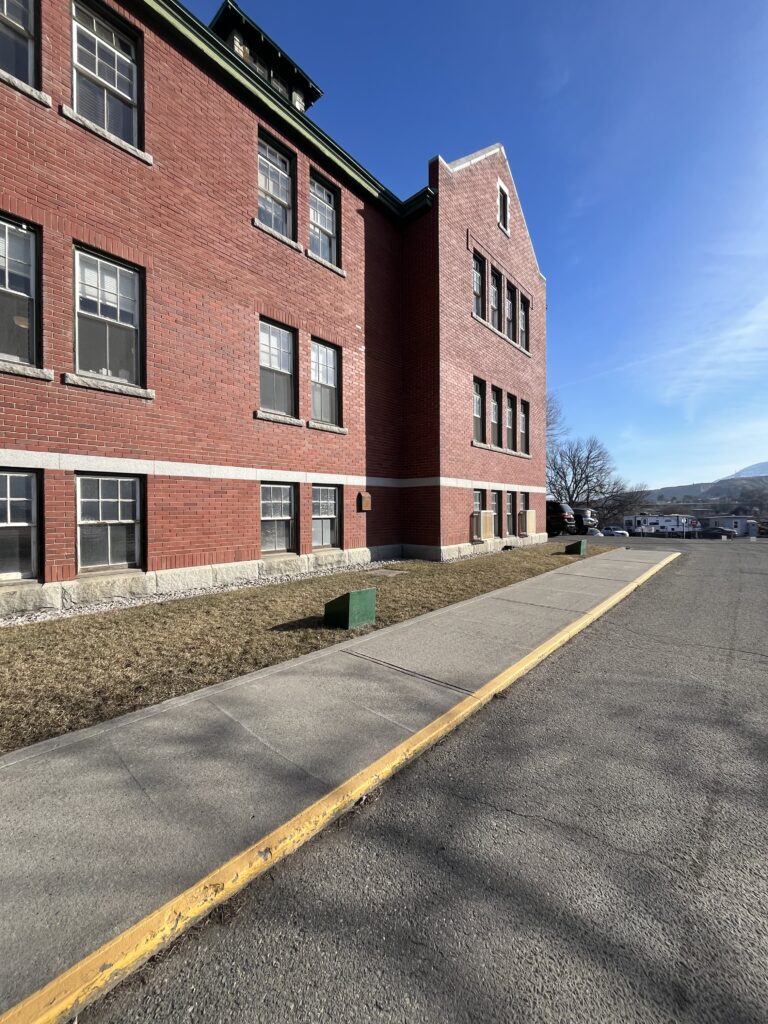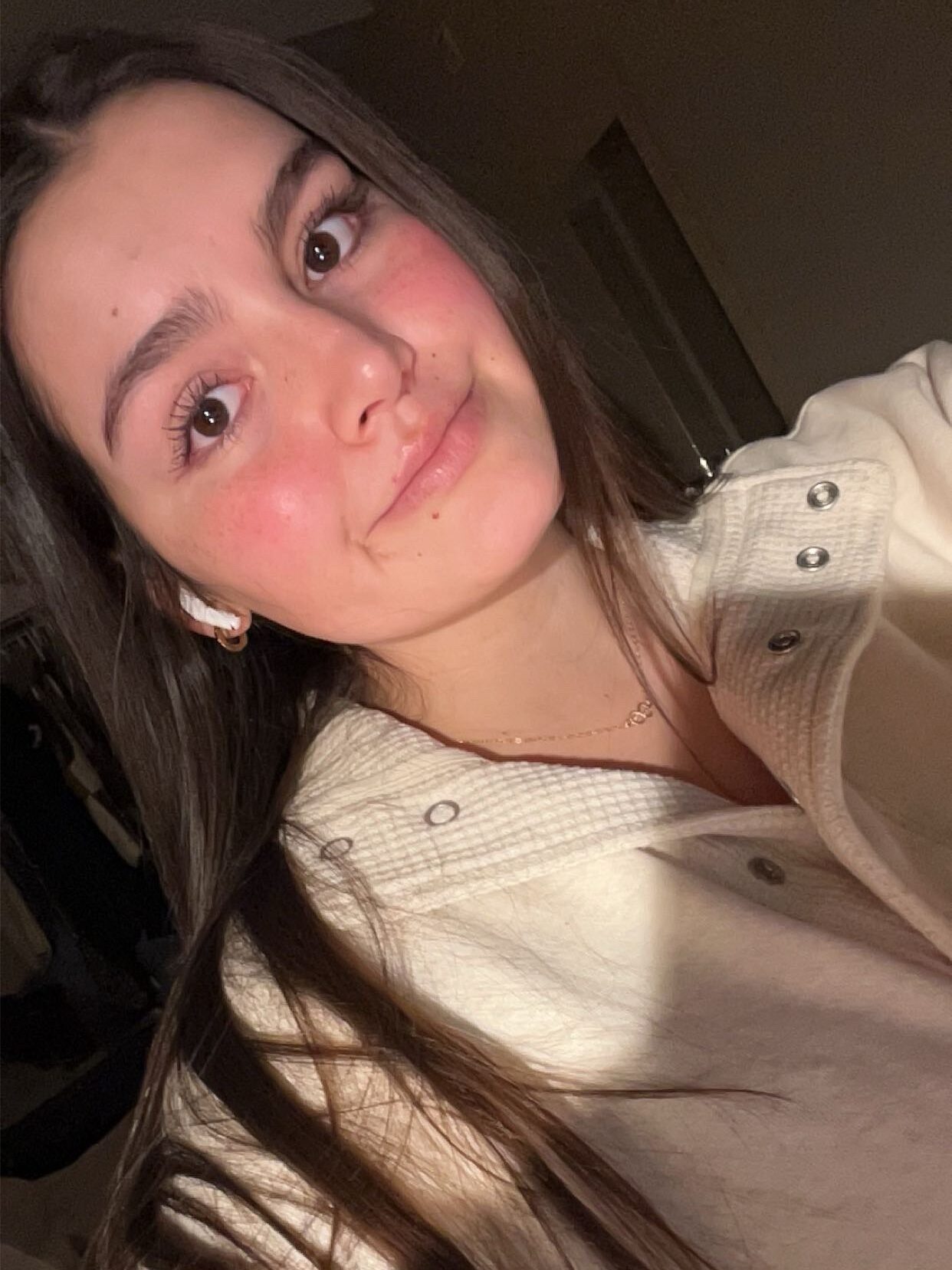
The residential school in Kamloops has had a dark twisted past that I have only began to scratch the surface on. Although there is a more that can be discover through the school and what actually went on there, it is important that people at least have some understanding of what happened in Kamloops and how it is still effecting the Indigenous peoples in present time. This is why I decided to interview my roommate Isabella Pridemore, who is a first year student at TRU and been hearing all the information and reading all the stories I have been doing this semester on the residential school. She has found it very interesting and knowledgable about a topic that is not learned about enough in earlier education. Having only living two hours away he whole life in Chilliwack, she was surprise of how little she learned until taking an interest in the stories this semester. Isabel is a great example of how people do not know their own history anymore and are clueless to their country’s dark pasts, leaving history to repeating itself open. Isbel shares openly how learning about the residential school has changed her perspective not only on Kamloops, but Canada as a whole, she also advocates about everyone one should learn about the dark pasts that no one talks about as it educates people into not making the same mistakes, but instead learning and growing from it.


